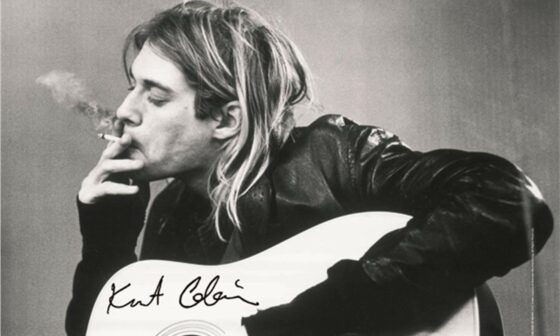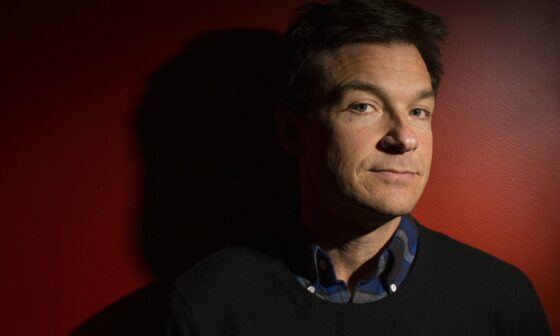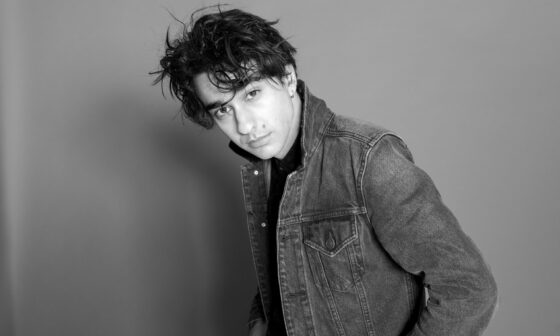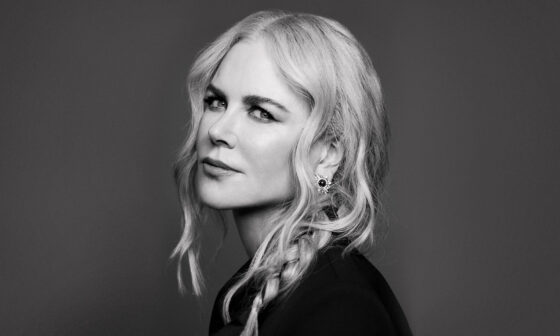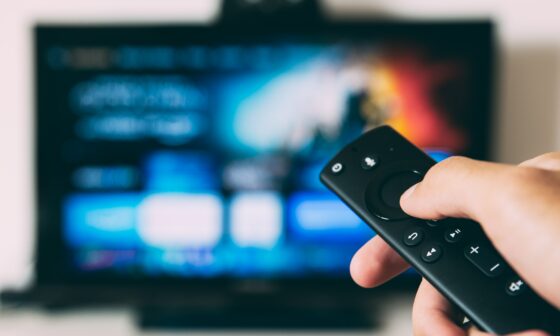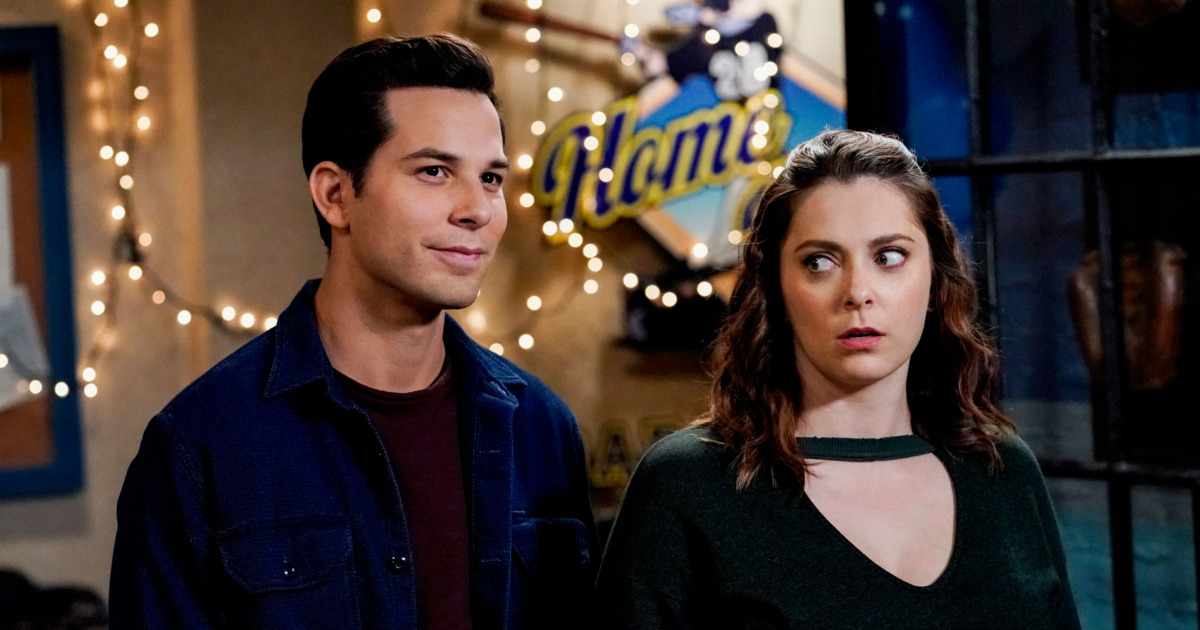
Crazy Ex-Girlfriend, the CW’s highly critically acclaimed musical dramedy is a show that I can’t help but keep watching. A lot of people who’ve watched it have said something along the lines of ‘I had to stop because it was too real/uncomfortable’, which was true for me too at times. But I always came back.
Crazy Ex-Girlfriend has been a wild wild ride from the start. Utilising and challenging TV tropes throughout the story, creators Rachel Bloom and Aline Brosh McKenna interrogate social norms and mental health through music.
From when Rebecca Bunch (Rachel Bloom) first arrived in West Covina with a rousing musical number, reflecting her rose tinted view of the town because of its association with her ex Josh Chan (Vincent Rodriguez III), the audience has followed her through songs, schemes and plans that bordered on- and sometimes were- illegal and frightening.
Importantly, however, mental health is addressed unabashedly, earnestly, in all its uncomfortable truth in this series. Back in Series 3, Rebecca’s problems envelop her when she attempts suicide, and afterwards she is diagnosed with BPD (borderline personality disorder).
Rebecca’s diagnosis, which is traditionally more stigmatised than problems like anxiety and depression, is directly addressed and dealt with by the show, which is huge for representation and exploration of personality disorders.
This season has been an ode to recovery. Rebecca grapples with things like leaving the house when she’d rather stay inside, setting boundaries, and thinking over decisions. Through Rebecca’s character the audience get an insight into her fight to recover and techniques she’s learned in therapy, like recognising and stopping a ‘shame spiral’.
A key moment comes when a newly-sober Greg (Skylar Astin), and Rebecca rekindle their romance, and Rebecca puts the brakes on to give herself time to recognise whether she’s jumping into a romantic situation for validation or because she actually wants it, which brings a smile and a sigh of relief for the audience, who have watched her make dangerous and rash romantic decisions between their fingers for three whole seasons.
Bloom and Brosh McKenna are keen to emphasise that Rebecca isn’t beyond recovery, but that recovery is a conscious process that involves mistakes, relapses and actively challenging reactions and behaviour.
Way back in the very first episode Rebecca throws away her anti-depressants, thinking she no longer needs them, and several times over the course of the series she reinvents herself as a new person, declaring that she is ‘okay now actually’, but true recovery can only come from facing your demons square on.
Viewers have been on a true journey with Rebecca, rooting for her all the way through the ups and downs, and in Season 4 it has been a joy to watch her assemble the tools to take control of her own life. Uncomfortable viewing like Crazy Ex may not lend itself to binging sometimes but, like recovery, only through challenging yourself can your mindset and empathy really be broadened.
Crazy Ex-Girlfriend Season 4 is currently streaming on Netflix.
#Peace.Love.Bunch


